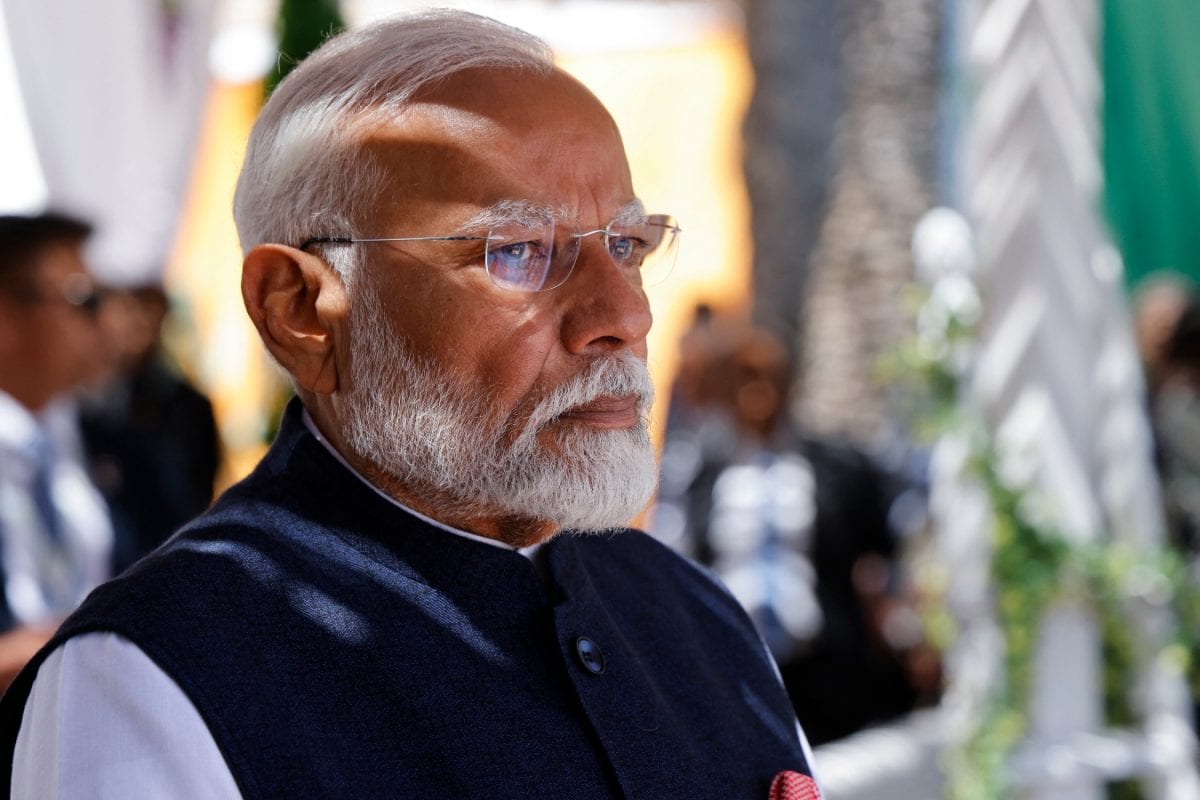

Prime Minister Narendra Modi's anticipated visit to Canada for the G7 Summit in Kananaskis, Alberta, from June 15-17, marks a potentially significant turning point in India-Canada relations and highlights India's continued importance on the global stage. This visit, facilitated by an invitation from Canada's newly elected Prime Minister Mark Carney, carries considerable weight for several key reasons.
Firstly, the invitation itself signals a thaw in relations that have been strained since 2023. Following allegations made by then-Canadian Prime Minister Justin Trudeau regarding the involvement of Indian government agents in the killing of Hardeep Singh Nijjar, a Sikh separatist leader, diplomatic ties between the two nations hit a low point. The invitation to Modi, extended by Carney, suggests a deliberate effort to move past the tensions and rebuild a relationship of mutual respect. This is particularly noteworthy considering that some members of Canada's Sikh community condemned the invitation.
Secondly, Modi's acceptance of the invitation underscores India's commitment to multilateralism and its willingness to engage with global partners on critical issues. Despite not being a member of the G7, India has been invited to previous summits, recognizing its growing economic and geopolitical influence. Modi has attended four G7 summits in person since 2019 and a fifth virtually during the COVID-19 pandemic. Carney has emphasized that certain countries need to be at the table for key discussions, and India's inclusion reflects its importance in addressing global challenges.
Thirdly, the visit provides an opportunity for direct dialogue between Modi and Carney. This will be their first official interaction since Carney assumed office in April 2025, after a decisive victory in Canada's federal elections. Such high-level engagement can pave the way for addressing outstanding concerns, fostering understanding, and identifying areas for collaboration. Discussions during the summit are likely to include global economic stability, climate action, digital technology transformation, and peace and global security.
Fourthly, Modi's presence at the G7 summit allows India to articulate its perspectives on pressing global issues. As the world's fourth-largest economy and a key voice of the Global South, India's contributions are vital for global initiatives to gain traction. The summit agenda, which includes securing critical minerals, advancing AI governance, and enhancing energy cooperation, aligns with India's strategic interests and priorities.
Finally, this visit holds potential for advancing India-Canada bilateral relations on several fronts. Trade and investment between the two countries remain strong, with India ranking as Canada's 10th largest trading partner in 2022. The summit could provide an impetus for resuming negotiations on a bilateral free trade agreement, which were paused in 2023. Key areas of collaboration include critical minerals, renewable energy, and digital infrastructure, sectors where both nations have complementary strengths. Moreover, the discussions could lead to enhanced cooperation on security matters, including continued law enforcement dialogue and addressing security concerns.
In conclusion, Prime Minister Modi's visit to Canada for the G7 Summit is significant for several reasons. It represents a potential thaw in strained relations, underscores India's commitment to multilateralism, provides an opportunity for high-level dialogue, allows India to voice its perspectives on global issues, and holds promise for advancing bilateral cooperation in various sectors. While challenges remain, this visit could pave the way for a stronger and more productive India-Canada partnership, contributing to global stability and prosperity.